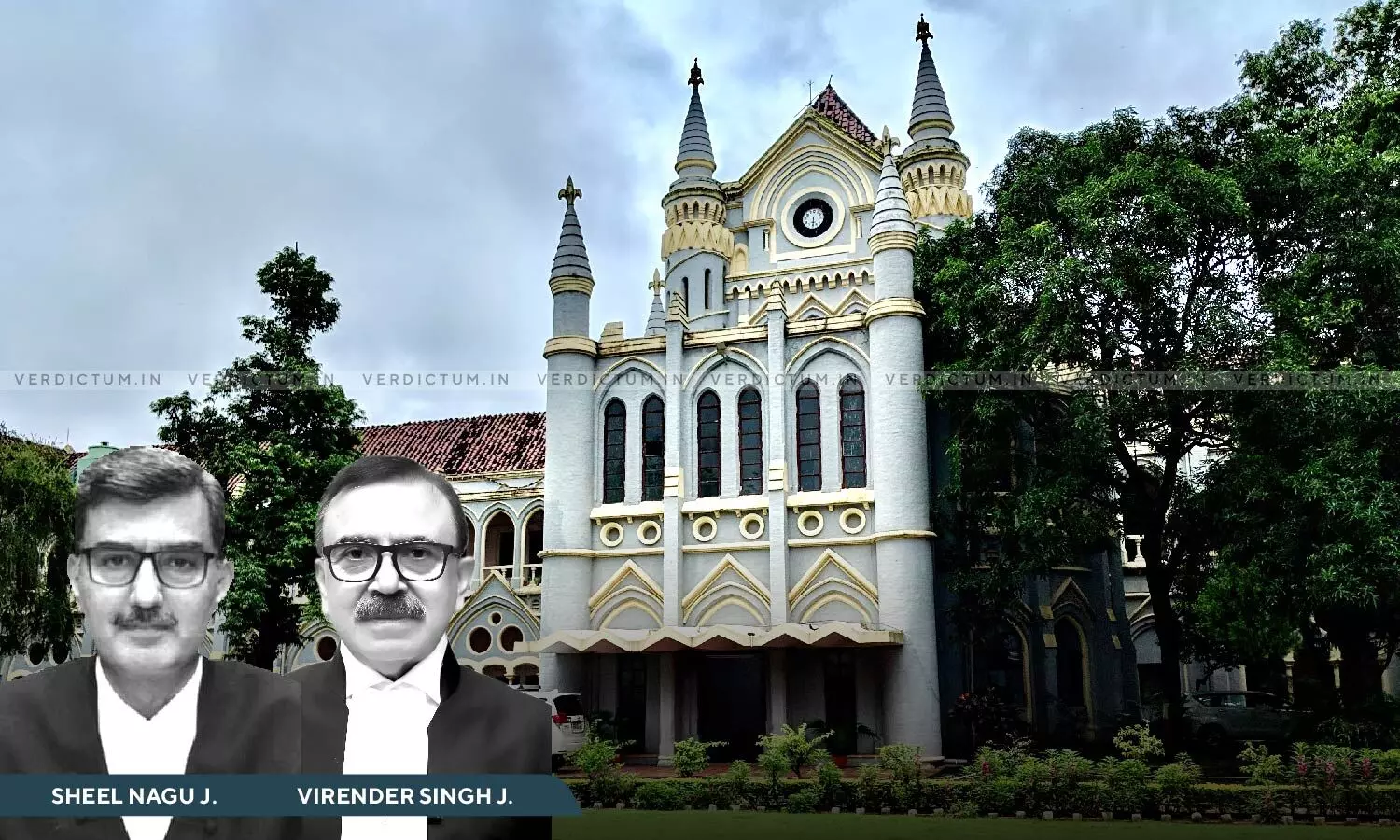
Cruelty In One Case May Not Amount To Cruelty In Another Case, It Is To Be Determined With Regard To Facts Of That Case: MP HC
 |
|The Madhya Pradesh High Court has refused to set aside the decree of divorce granted by the Family Court in favor of the husband on the grounds of cruelty.
The Bench of Justice Sheel Nagu and Justice Virender Singh observed that what is cruelty in one case might not amount to cruelty in another case, cruelty is subjective. It added that Cruelty is a matter which would be determined in each case having regard to the facts and circumstances of that case.
The Bench referred to the decision of Supreme Court in the case of Vishwanath Agrawal vs. Sarla Vishwanath Agrawal (2012) 7 SCC 288 wherein it was held that “the expression ‘cruelty’ has an inseparable nexus with human conduct or human behaviour. It is always dependent upon social strata or the milieu to which the parties belong, their ways of life, relationship, temperament and emotions that conditioned by their social status. The facts and circumstances are to be assessed emerging from the evidence on record and thereafter, a fair inference has to be drawn whether the petitioner in the divorce petition has been subjected to mental cruelty due to the conduct of others.”
Advocate Ruchika Gohil appeared for the appellant and Advocate Rahul Diwakar appeared for the respondent.
In this case, the appellant and the respondent got married in the year 2009 and have a son out of wedlock. In 2013, being distressed with respondent’s cruel behaviour, the appellant left her matrimonial home and came to her father’s place. Thereafter, the husband filed a Divorce Petition at Jaipur, which was subsequently transferred to Bhopal by the Supreme Court.
Divorce was sought on the grounds of cruelty and desertion. The Family Court granted divorce only on the ground of cruelty because the statutory period of 2 years of desertion was not completed before filing of the petition by the husband. Therefore, the decree could not be granted on the grounds of desertion. Aggrieved of the order, the appellant approached the High Court.
The Court relied upon the decision of the Supreme Court in the case of V. Bhagat v. D. Bhagat (1944) 1 SCC 337 and said that mental cruelty must be of such a nature that the parties could not reasonably be expected to live together. It was not necessary to prove that the mental cruelty was such as to cause injury to the health of the petitioner. And the husband had sufficiently proved the instances where cruelty was meted out to him and his family members at the hands of the appellant.
“On appreciation of this entire evidence, in its very lengthy judgment categorically touching each and every aspect, the ld. Family Court arrived at a conclusion that the statements of the husband and his witnesses are reliable. It further found that in cross examination, both the sisters did not withstand on their allegations. She could not produce any evidence supporting her allegations.” said the High Court.
“Keeping in view the principles of preponderance of probability, on the scrutiny of this entire evidence, we find ourselves in consensus with the conclusions arrived at by the ld. Family Court.” Concluded the High Court.
Accordingly, the appeal was dismissed.
Cause Title- ABC v. XYZ
Click here to read/download the Judgment